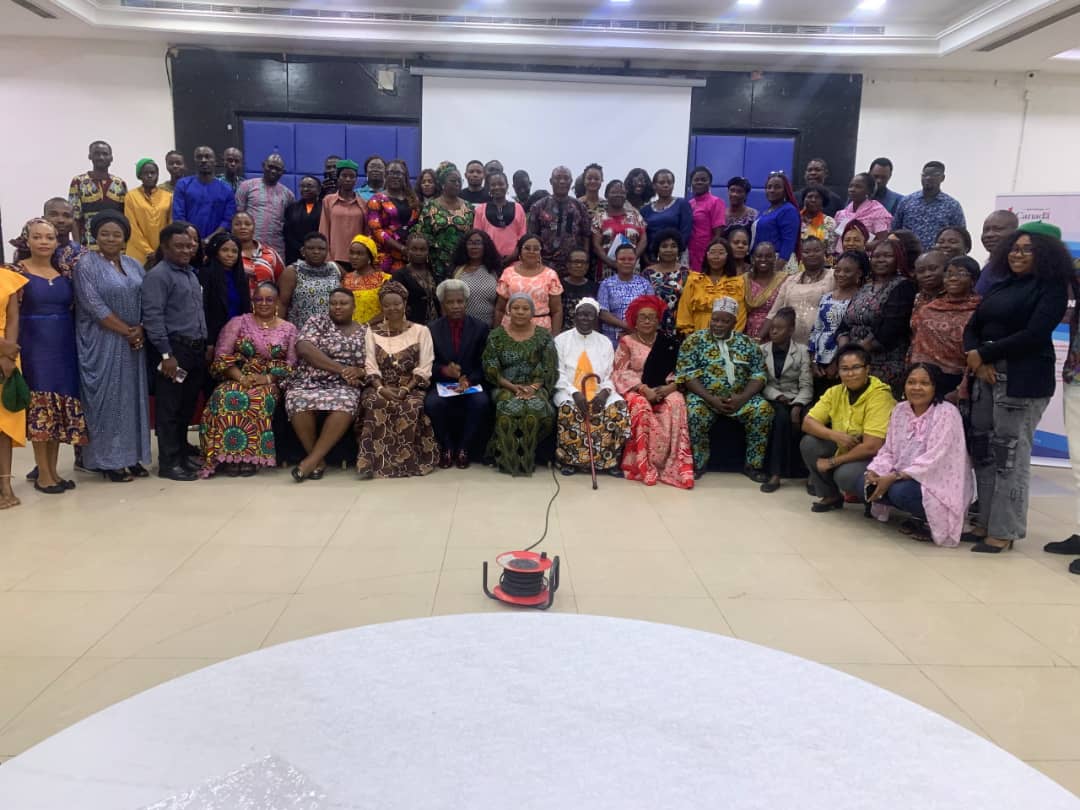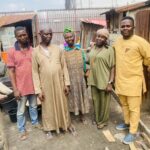Formulated in 2006 by the National Gender Policy (NGP) of Nigeria, the Affirmative Action policy posits that 35 percent of leadership positions be occupied by women through politics and all governance processes.
Eighteen years since the policy was drafted, pressure groups have railed against women’s marked lack of influence in various spheres of politcs and governance. The streucture to effectively implement the Affirmative Action policy are lacking in Nigeria, the women’s rights groups say.
A March 2024 report by UN Women confirms this disturbing trend, noting that among the 13 countries that held elections in 2023, Zimbabwe (45%) and Eswatini (43.3%) had the highest number of women elected to their upper parliamentary chambers. Nigeria, in contrast, had the least gender-representative parliament in the region, with women comprising only 2.8% of MPs in the upper chamber and 3.9% in the lower chamber following the 2023 elections.
The report states women’s representation in the Senate (the upper chamber), which was already extremely low, shrank further by 3.7 percentage points in 2023. Only three women were elected in 2023, representing just 2.8% of the total membership of the chamber.
Women also remained vastly underrepresented in the House of Representatives (the lower chamber). In 2023, just 14 women were elected to the 358-seat chamber, accounting for 3.9% of all MPs – marginally higher than the 3.4% share recorded following the previous election.
The report added that Nigeria ranked among the bottom five countries globally for women’s representation in parliament. Institutional and sociocultural factors that prevent women in Nigeria from being able to participate in politics on an equal footing include gatekeeping by political parties, high candidate registration fees, the inconvenient scheduling of political meetings, the high cost of electoral campaigns, political violence and sexual harassment, clientelism (and, therefore, dependence on narrow networks of men), a ban on independent candidacies, and patriarchal social norms.
At a one-day stakeholder meeting on female representation in national politics organised by Gender and Development Action (GADA), women rights advocacy nonprofit organisation, with support from UN-Women and Canadian Government, Honorable Nkoyo Toyo, a former Member of the House of Representatives and Nigeria’s ex-Ambassador to Ethiopia, bemoaned the consistent decline in women in leadership positions in the last 25 years.
She emphasised the need for women to brainstorm and strategize for better outcomes in the upcoming local government elections in Cross River and the 2027 general elections, given the ineffectiveness of the current affirmative action policy.
“As women, folding our hands and doing nothing is not an option; that is why we are gathered here to have these conversations towards the LG polls and 2027 general elections,” Toyo stated.
Mrs. Edema Irom, Cross River State Commissioner for Women Affairs, echoed her sentiment, urging women to aim for positions beyond “women leaders” as party congresses approach. She advocated for more women in decision-making roles, emphasizing the importance of practical inclusion.
Mrs Mercy Akpama, Member Representing Yakurr 2, in the Cross River House of Assembly, called on women to pursue leadership roles in their communities, churches, and political parties.
Akpama, who is the only woman elected to the State House of Assembly, expressed dissatisfaction with the current representation and stressed the importance of working with Governor Otu’s wife – Mrs Eyoawan Bassey Otu and others to secure more leadership positions for women as the local government polls beacon.
The National Gender Policy (NGP) of Nigeria, established in 2006, mandates that 35% of leadership positions be held by women through political and governance processes. However, women's representation remains starkly low, with only 2.8% in the Senate and 3.9% in the House of Representatives following the 2023 elections.
A March 2024 UN Women report highlights this issue, noting Nigeria's poor global ranking for female parliamentary representation. Challenges include political gatekeeping, high registration fees, inconvenient meeting schedules, campaign costs, political violence, and societal norms.
At a stakeholder meeting organized by Gender and Development Action (GADA) with UN-Women and Canadian Government support, former MP Nkoyo Toyo and other advocates stressed the need for women to strategize for better representation in local and general elections. They urged women to pursue broader leadership roles and work collaboratively for increased political inclusion.






